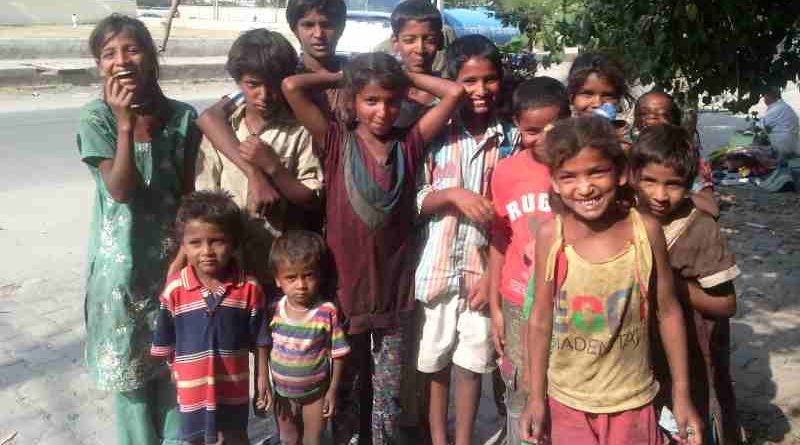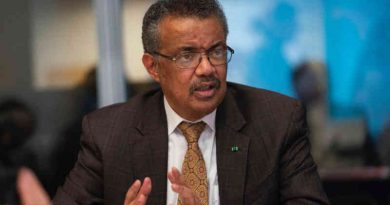UN Calls for $2.5 Trillion Coronavirus Crisis Package for Poor Countries

With two-thirds of the world’s population living in developing countries (excluding China) facing unprecedented economic damage from the coronavirus (COVID-19) crisis, the UN is calling for a US$2.5 trillion package for these countries to turn expressions of international solidarity into meaningful global action.
The speed at which the economic shockwaves from the pandemic has hit developing countries is dramatic, even in comparison to the 2008 global financial crisis, says a report published on 30 March by UNCTAD, the UN trade and development body.
“The economic fallout from the shock is ongoing and increasingly difficult to predict, but there are clear indications that things will get much worse for developing economies before they get better,” UNCTAD Secretary-General Mukhisa Kituyi said.
The report shows that in the two months since the virus began spreading beyond China, developing countries have taken an enormous hit in terms of capital outflows, growing bond spreads, currency depreciation and lost export earnings, including from falling commodity prices and declining tourist revenues.
[ Coronavirus Management: Great Leaders vs. Narendra Modi ]
On most of these measures the impact has cut deeper than in 2008. And with domestic economic activity now feeling the effects of the crisis, UNCTAD is not optimistic about the kind of rapid rebound witnessed in many developing countries between 2009 and 2010.
Portfolio outflows from main emerging economies surged to $59 billion in a month between February and March, calculations show. This is more than double the outflows experienced by the same countries in the immediate aftermath of the global financial crisis ($26.7 billion).
The values of their currencies against the dollar have fallen between 5% and 25% since the beginning of this year – faster than the early months of the global financial crisis.
The prices of commodities, on which many developing countries heavily depend for their foreign exchange, have also dropped precipitously since the crisis began. The overall price decline has been 37% this year, according to the report.





